Is it worth buying real estate in Montenegro and how best to do it?
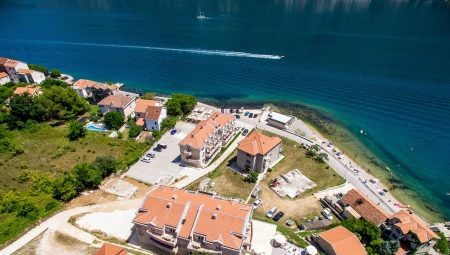
As a child, many probably dreamed of having a house by the sea, because it is so romantic to live in a resort. Adults sometimes buy such real estate not so much in order to live here permanently or to come on vacation without worrying about booking, but in order to earn money by renting out housing. The same Montenegro annually receives several times more tourists than people live here, which means that there will be constant demand for a well-located apartment during the season and it can quickly pay off.
However, no investment is worth making until you understand the topic to the smallest detail, so let's try to consider how profitable and complex this idea is.
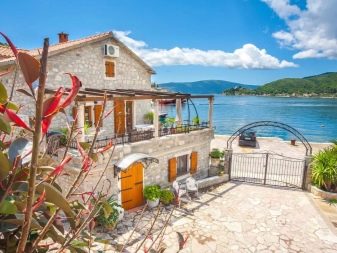
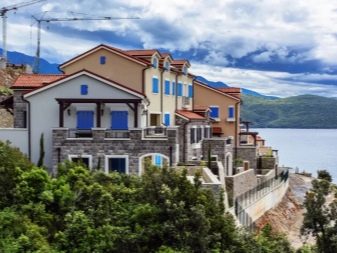
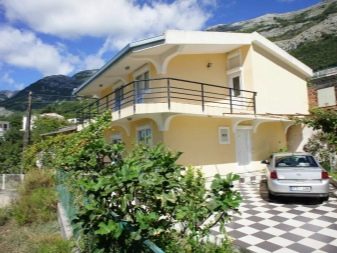
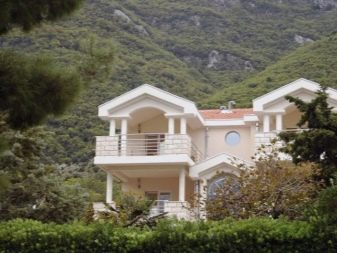
Advantages and disadvantages
Studying the features of real estate in Montenegro, it should be noted that apartments and houses in this country can have a huge number of advantages. Consider the main ones related to the majority of housing for sale.
- The demand for short-term rental housing in Montenegro has been growing rapidly in recent years, and no preconditions for a fall in demand are foreseen. In 2017, the number of visitors to the country exceeded 2 million for the first time and continues to grow steadily. Low prices, in comparison with many other resorts, attract tourists here, and the state has also established a visa-free regime with most of its neighbors and many post-Soviet countries. As a result, 20% of guests come from Serbia, Russia and Ukraine together provide the same amount, up to 10% of visitors are provided by Bosnia and Herzegovina, but wealthy tourists from Western Europe also come here.
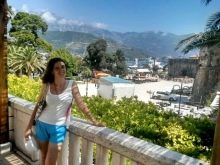
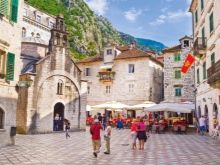
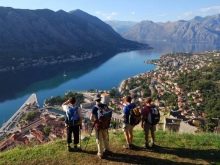
- The investment attractiveness of the country's housing sector is good because transparent and realistic rules have been formed for foreign investors, strikingly reminiscent of the exemplary European Union in this regard. In addition, the country only after gaining independence in 2006 realized how much it can earn on tourism, because here a huge amount of housing stock was built after that date. This means that there are many new buildings built using modern technologies, in addition, it is not a problem to find a vacant apartment for purchase.
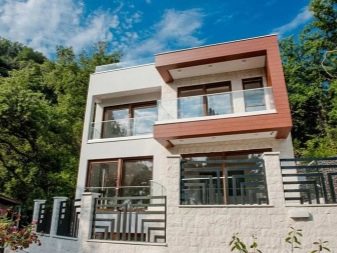
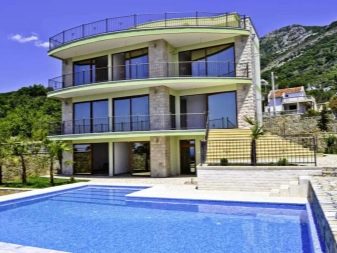
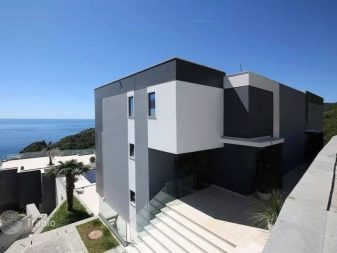
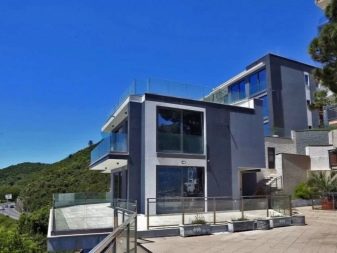
- If you wish, you can find relatively inexpensive housing in Montenegro - here the average price per square meter does not even work approximately. It all depends on a number of specific characteristics, for example, the historical value of a building increases tariffs, but the presence of a plot of land nearby for a promising development greatly reduces the price. As a result, exactly the same housing at a distance of 300 meters from each other may have different prices. In addition, the prices are influenced by the geographical factor - in the prestigious seaside Budva housing is the most expensive, the rest of the coast is a little cheaper, but in the outback the prices are much lower, although the mountains are also beautiful here.
A significant factor in the growth of prices is also a beautiful view from the windows.
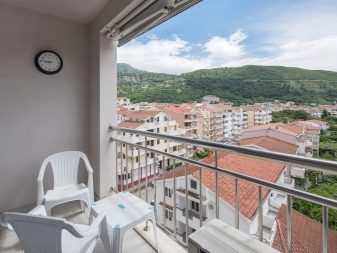
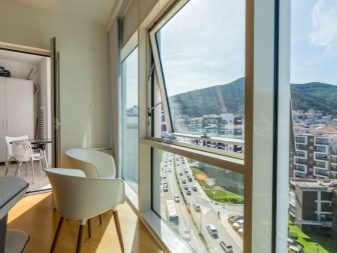
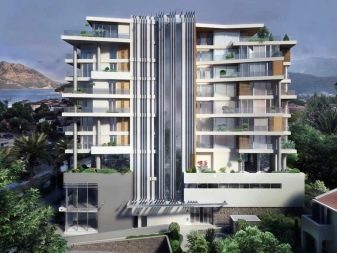
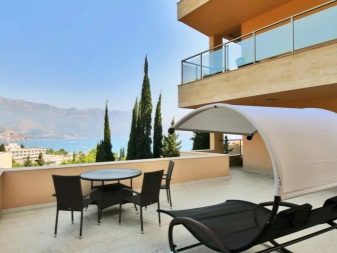
- Tax and communal policy in Montenegro also only contributes to buying housing here. For example, when buying an apartment on the secondary market, the tax will be only 3% of the cost, but if the seller is the developer himself, there will be no such overpayment. The annual tax for owners ranges from 0.1% to 1% of the cost per square meter in this region, but this is not much anyway.
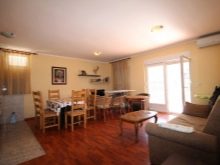
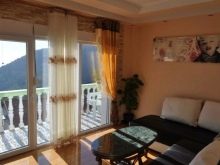
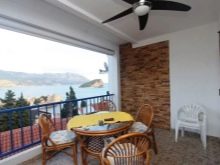
- Investing is not limited to investments in housing development - larger investors are building infrastructure such as schools with English or Russian language of instruction, yacht ports and many other amenities. Such an improvement in the situation further contributes to the fact that tourists come here in large quantities, which means that it will be even more profitable to rent out housing here.
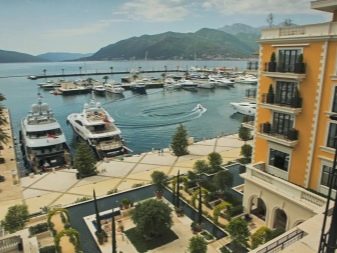
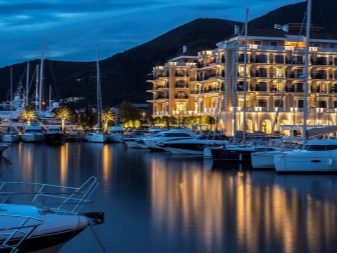
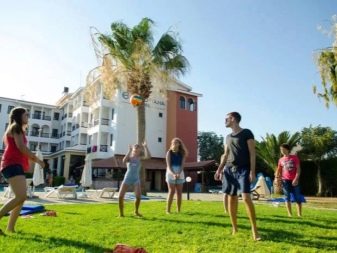

- Montenegro is considered one of the most environmentally friendly countries., because there is no serious industry here, and therefore the further growth of the tourist potential is seen as quite natural.
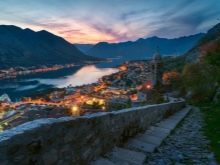
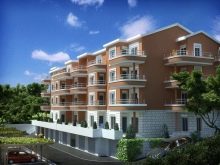

Naturally, certain disadvantages are also present, but there are relatively few of them and for many people they are insignificant. However, it is for you that they may turn out to be a serious drawback, therefore we will also consider them.
- Montenegro has the official status of a candidate for accession to the European Union, but has not yet become one, and it cannot be said that this will happen anytime soon. For many investors from the post-Soviet space, buying a home abroad is also useful in the context of a simplified receipt of a Schengen visa, also owning an apartment in an EU country, you can apply for a residence permit, and then for a passport.
With Montenegro, all this does not work, because it is not a member of the EU, and its citizenship, if you do get it, is unlikely to give you many advantages - in this sense, it is more logical to invest in housing in the current EU members.
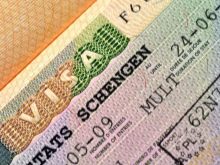
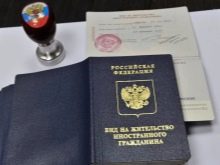
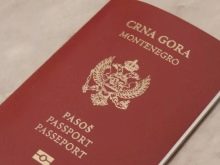
- Montenegro has a provincial socialist past - despite the innovations being introduced, the infrastructure, in comparison with Western Europe, limps. For example, there is practically no centralized heating anywhere in the country, although in winter, even on a relatively warm coast, the temperature is only 3-7 degrees Celsius.
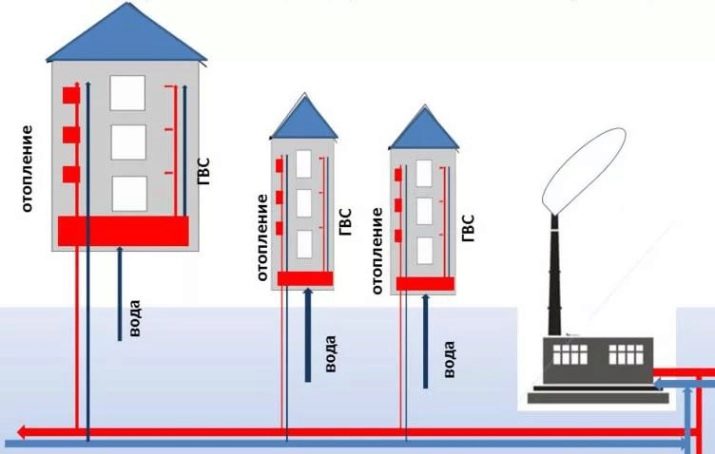
It is customary for the locals to heat the premises with air conditioners, but here the power grid can already fail - shutdowns due to peak loads are still not a wonder. Among other things, the mentality and training of the local staff are just something in between the vaunted Europe and our unsightly realities, which can scare off some of the wealthy tourists.


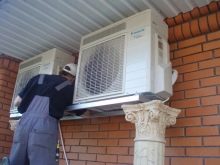
General market situation
As noted above, the state approached the development of tourism infrastructure in an organized manner - at least land plots were given into the hands of private developers, and those, wanting to recoup the funds spent, hastened to build a huge amount of housing. On the one hand, the abundance of offers should have led to a certain decrease in real estate prices, but in the case of Montenegro, we see that here investments have already begun to pay off.
Demand only continues to grow, therefore, with a sufficient number of the same new buildings, prices not only do not fall, but continue to grow.
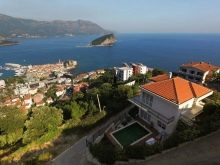
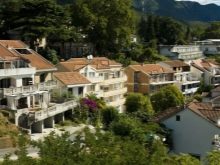
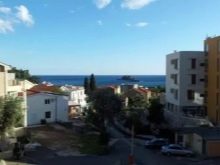
Practice shows that when buying a home in Montenegro, there is a lot of sense in not looking for an object to buy on your own, but to seek help from local consultants... You yourself can hardly even roughly understand why an expensive house costs so much, and by choosing a cheaper housing, you will not be sure that you know about all the risks of such a purchase.
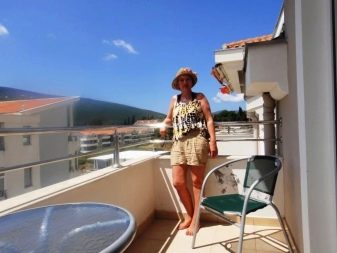
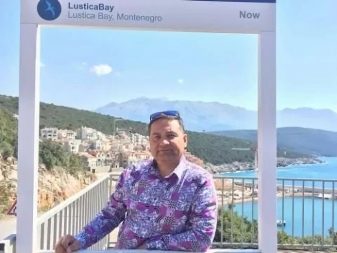
Experts note that in recent years, the growing demand is intensively spurring developers and they strive to complete the facilities under construction as soon as possible, which inevitably suffers from the quality of construction. Considering that earthquakes periodically occur in this mountainous country, it is worthwhile to think repeatedly before buying an apartment in an "unfinished" new building.
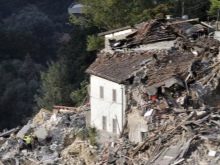
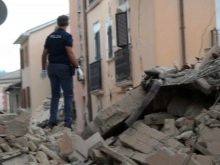
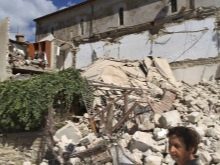
In addition, it is not uncommon to hear complaints that buildings located at the foot of the mountains have an increased tendency to gradually roll and even collapse.
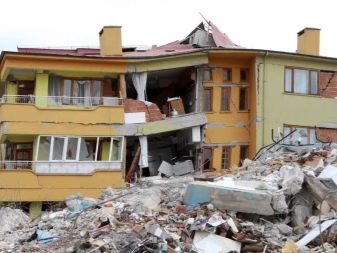
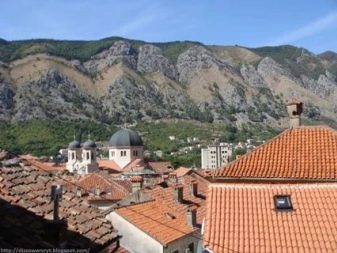
As for the first line, it will be many times more difficult to buy housing here, if only due to the fact that the demand from especially wealthy foreigners is especially high here. A few years ago, some influential Western media wrote that about 14% of the entire territory of Montenegro had already been bought by foreigners, and it should be assumed that they are primarily interested in the coast. Nevertheless, there are options even here, just be prepared to shell out a very significant amount.
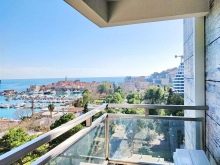
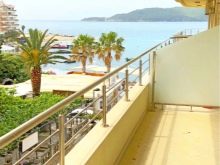
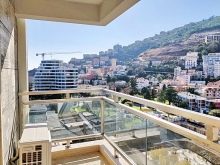
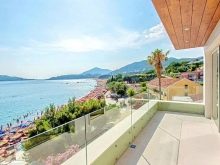
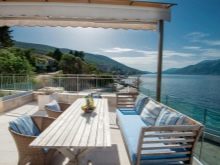
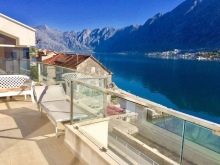
Property value
The Montenegrin housing market has a huge range in terms of prices - too many factors affect pricing. Take, for example, the housing stock - you can get an apartment both in an old high-rise building, which does not fundamentally differ from a typical Soviet one, and in a relatively new building, built already in the days of independence, taking into account all modern building requirements.
Again, somewhere in the mountains or even in the capital Podgorica, prices may turn out to be slightly below average, but the big question is how much such an investment will pay off, because statistics show that the overwhelming majority of foreign tourists rush not so much to the mountains as to the sea.
Once again, this statement will be confirmed by the fact that the airport in Tivat, located near the main resorts on the coast, receives much more tourists than the capital's airport.
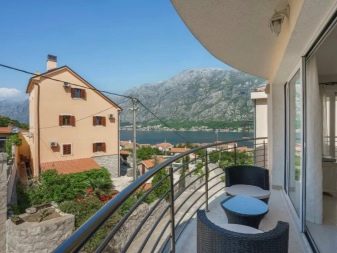
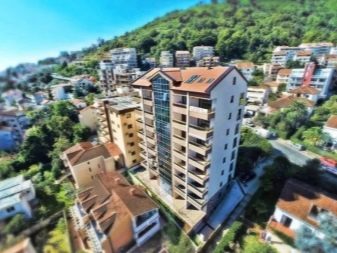
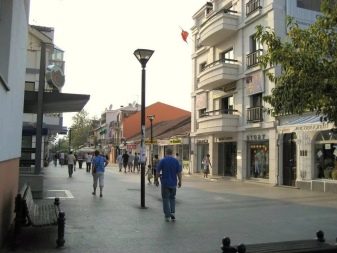
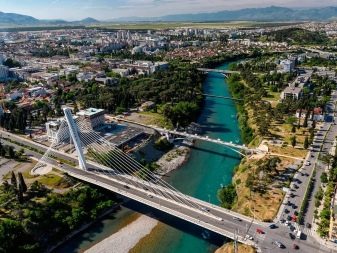
All these factors do not allow us to determine the average price per square meter - more precisely, it can be calculated, but in practice it does not bring any benefit, because it can be cheaper and much more expensive. If you are still interested and want to have at least a general idea of how much you should count on, you should know that 40 thousand euros is the minimum capital that allows you to purchase a small studio of 20 square meters.
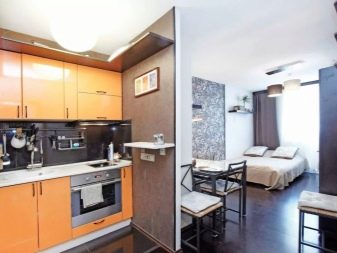
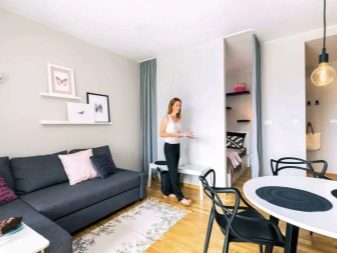
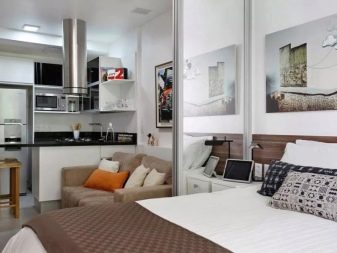
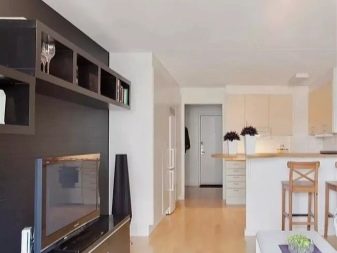
A small family-type apartment with an area of about 50 square meters will cost 60 thousand that way.
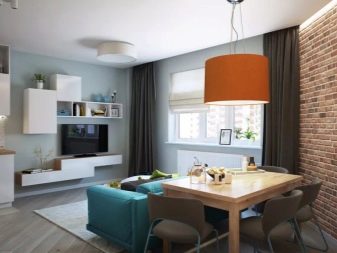
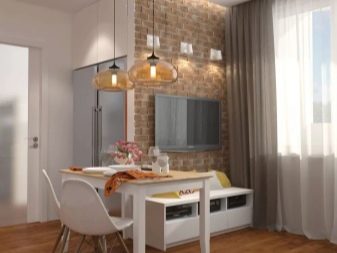
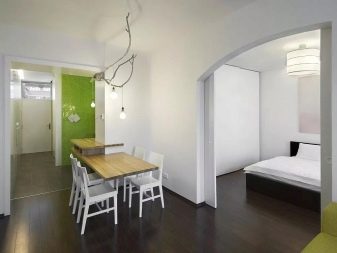
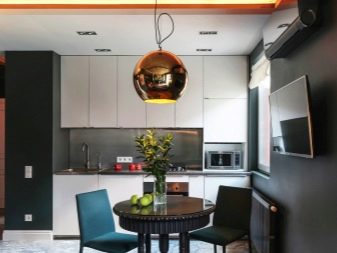
If you are interested in a house with a land plot, the cost will largely be determined by the building, and not the territory itself. For example, a 60-meter house in the courtyard of 200 square meters can cost approximately 80 thousand euros, but a spacious villa of 200 square meters with a plot of another 300 will pull for a good 170 thousand.
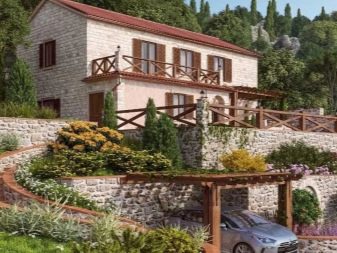
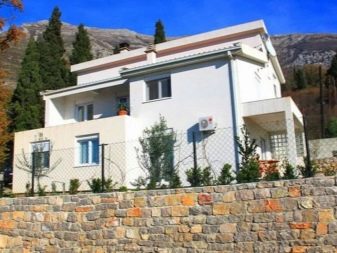
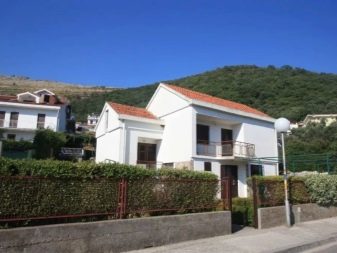
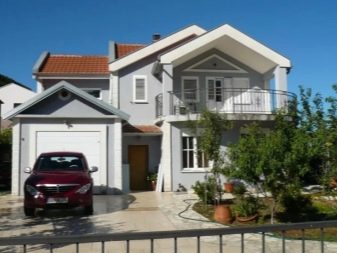
The difference in prices depends not only on the proximity to the sea, but also on the specific geographic location. First of all, in any region the view from the window is very much appreciated, housing is considered especially impressive, from which both the mountains and the sea are clearly visible.
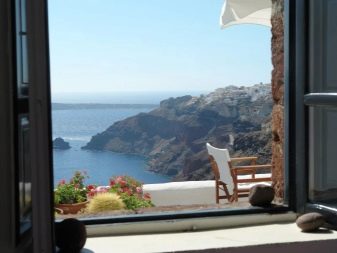
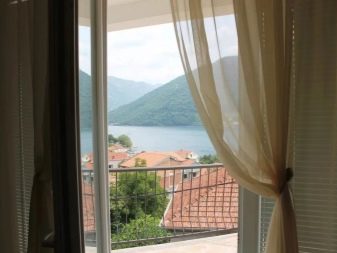
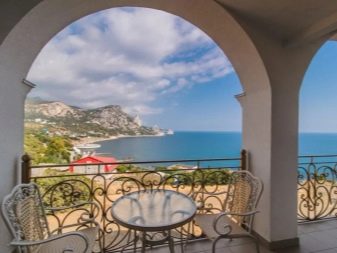
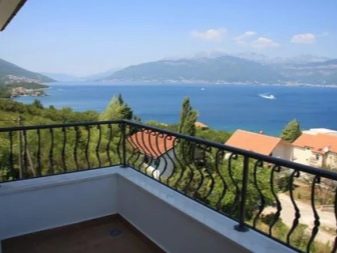
Naturally, a huge bonus is that the local area has its own access to the sea, ideally - its own beach, where outsiders, except at the invitation of the owner, cannot get.
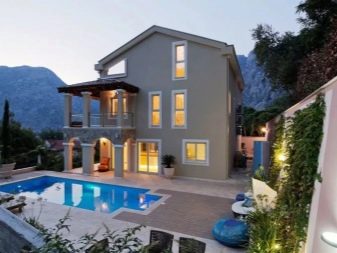
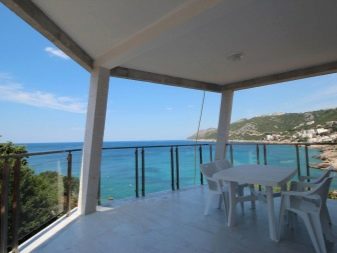

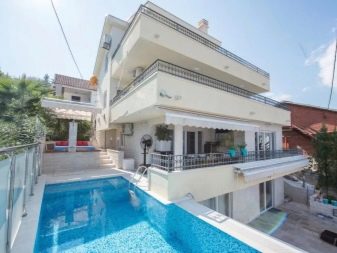
If we talk about the regions, then among the top places are usually called the Budva Riviera (the vicinity of the resort Budva) and Boko-Kotorska (the coast of the Bay of Kotor, including Tivat).
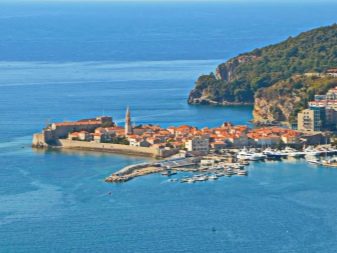
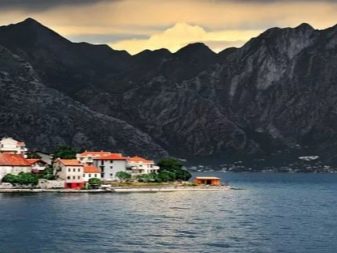
You can try to save money by choosing accommodation somewhere on the Barskaya Riviera or even in the vicinity of Ulcinj. At the same time, you need to understand that its cost is lower for a reason - there are fewer opportunities for elite recreation, tourists are not so eager to go there, and therefore the profit will probably not be so high.
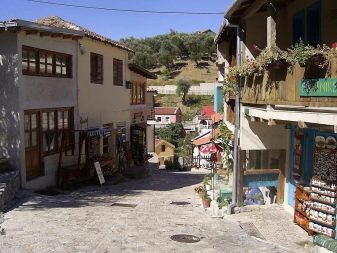
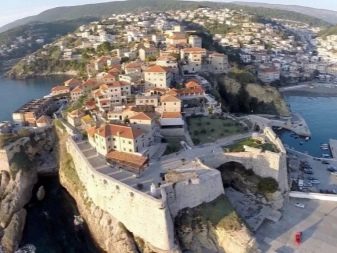
Do you need citizenship?
As it becomes clear from the above, the citizenship of Montenegro for the acquisition of real estate inside the country, of course, is not required - in fact, the state, on the contrary, is interested in foreigners investing their money here, and therefore simplified the procedure as much as possible. Moreover, although the prospects and timing of Montenegro's accession to the European Union are not yet fully clear, many people today think that getting a passport of this country is a good way to soon become a citizen of the European Union.
In this regard, the country decided to follow the example of some other EU members and candidates for accession and offer a simplified scheme for obtaining local citizenship for those who invest enough in the local economy.
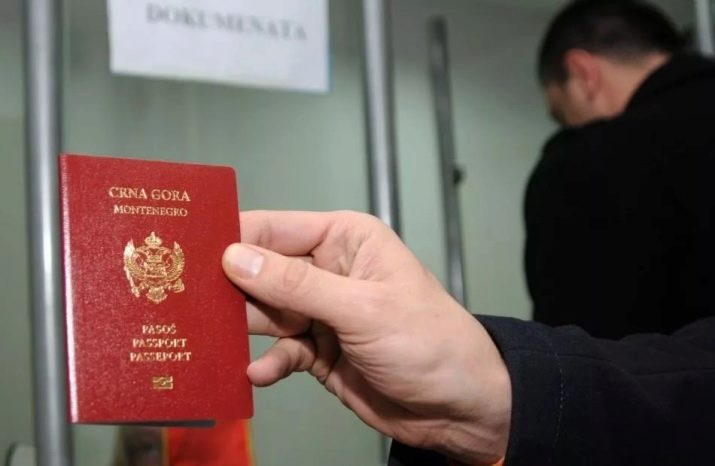
Another thing is that everything is not so simple here - Montenegro asks quite a lot for the actual sale of a passport. To buy real estate in the wilderness to obtain a document, you will have to pay from 250 thousand euros, and in a developed region - from 350 thousand, and another 100 thousand in any case must be transferred to the accounts of the state itself. Moreover, this option is not offered to everyone - within three years from the launch of the program (2018-2021), an application will need to be submitted, and only 2 thousand lucky ones will be selected from all applicants who will be allowed to participate.
If you go through and buy an approved property, after 3 weeks you will be considered a resident, and after six months you will receive a passport.
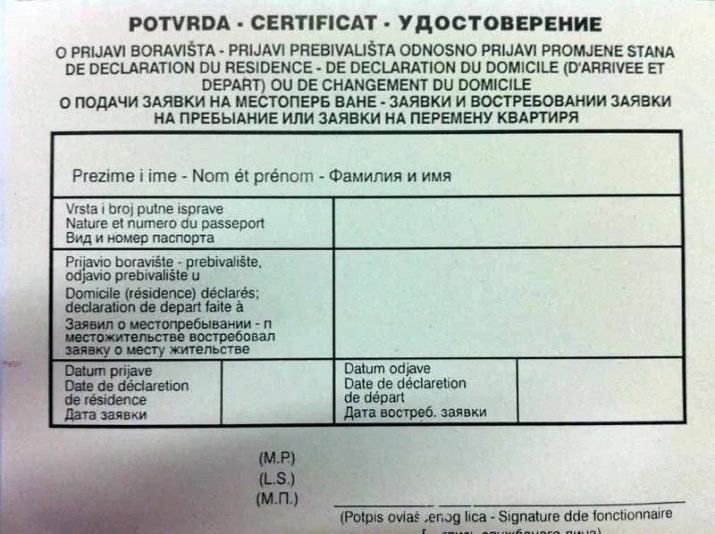
In the absence of big money, you can go a longer way, having previously received a residence permit in the country. If you bought a house here, you are issued a temporary residence permit, which is valid for only a year - during this time you need to gain a foothold and get additional reasons to stay. If you have not found a job and have not tied yourself in marriage with someone from the local, you can do without a visa only if the purchased object costs more than 40 thousand euros - then you can extend your residence permit.
In principle, given the pricing policy in the local real estate market, this means that any apartment or house gives you this opportunity. Having lived in Montenegro for 5 years, you now receive a permanent residence permit, and on its basis you can already apply for a passport.
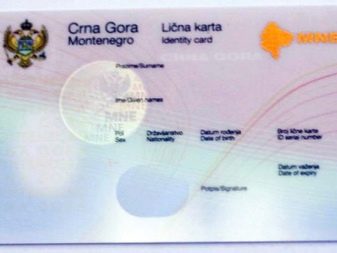
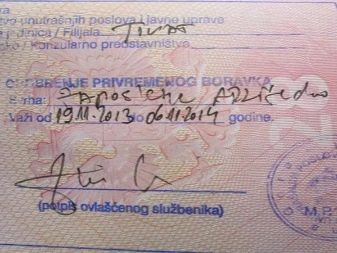
How is the purchase procedure carried out?
Regardless of what type of real estate you decide to purchase in Montenegro - an apartment, a plot of land or a house - your transaction will begin with a so-called preliminary agreement. It does not say much - it describes the conditions for concluding a transaction (what, where, when, for how much, from whom and to whom), considers the method and terms of payment, and also prescribes the amount of the deposit, usually about 10% of the agreed value of the purchased object. The specified amount of the deposit must be transferred to the previous owner, who is obliged to issue a receipt for this that he received the money specified in the preliminary agreement.
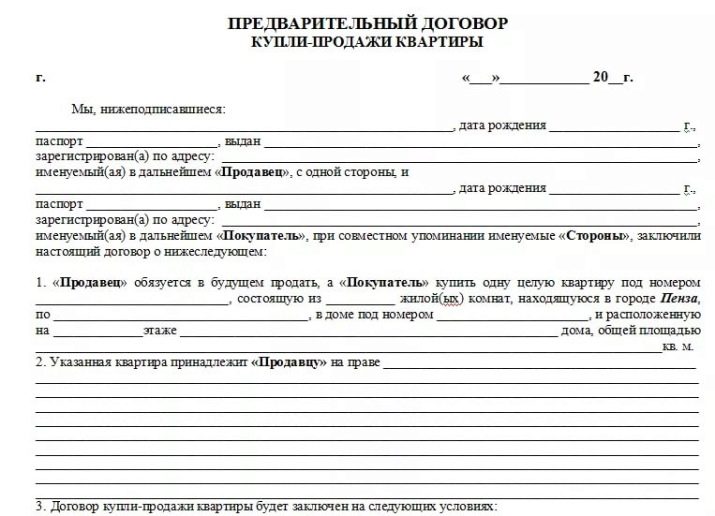
After that, the main contract of sale is concluded, for the legal registration of which one should apply only to the state notary offices of Montenegro - these are the rules of the country. There are already noticeably more marked points here - in addition to what was described above, it should be mentioned, for example, that the seller agrees to re-register the object to another person.
Also, documentary guarantees must be attached, confirming that the house is completely "clean" in legal terms - that is, it is not mortgaged, say, for the issuance of a loan. Accordingly, there must be a certificate that no third parties apply for the acquired property.
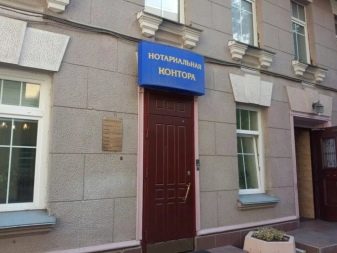
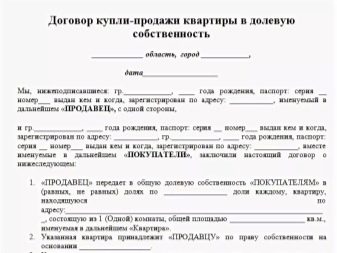
As stated above, when buying a home on the secondary market for citizens of post-Soviet countries, the tax is 3% of the amount. In general, as practice shows, taxes, legal support and re-registration together increase costs by about 5%, so when choosing a property, you should also take into account such a margin.
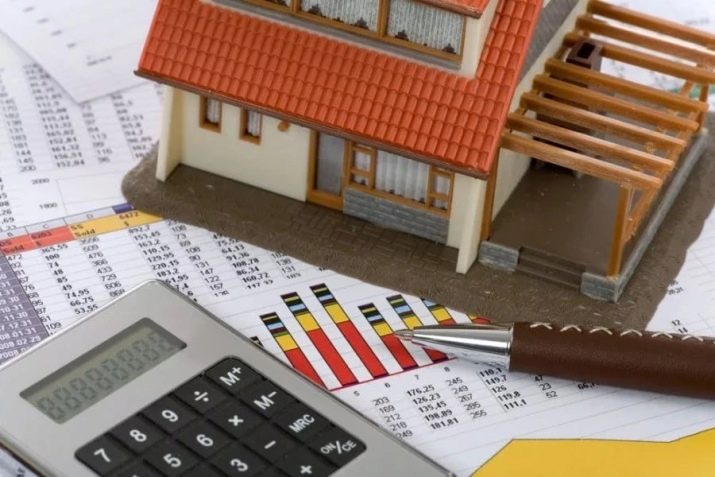
The clause that the seller will have nothing against reissuance is important for the reason that any new owner, logically, should immediately register the acquisition in the state cadastre for himself... However, according to Montenegrin laws, this can be done not at any time in the future, but in the first 30 days from the date of the transaction. It is better not to experiment with what will happen if the legalization does not happen within the proposed timeframe, and so that there are no unnecessary problems on the part of the seller who “changed his mind” and puts a spoke in the wheel, a clause on his consent to renewal is specially spelled out in the contract.

If you buy a free land plot, planning to engage in development on your own, it is worth considering that in Montenegro, far from all land involves further development. There can be many reasons why a particular site, from the point of view of legislation, is not suitable for construction, but you will hardly be able to change this status of the territory, and any building erected by you out of ignorance or insolence will be considered illegal and may be subject to demolition ...
In addition, do not forget that local legislation does not provide for the opportunity for foreigners to buy more than 5,000 square meters of land.

Is exchange possible?
Many of our compatriots, planning to acquire real estate in the Adriatic, decide to sell "extra" real estate in their homeland in order to help out money. Dividing one procedure into two stages greatly delays the process and involves a lot of paperwork, which is why some potential investors do not even want to consider such an idea, considering it too difficult to implement. In fact, the problem can be solved a little easier than it might seem.
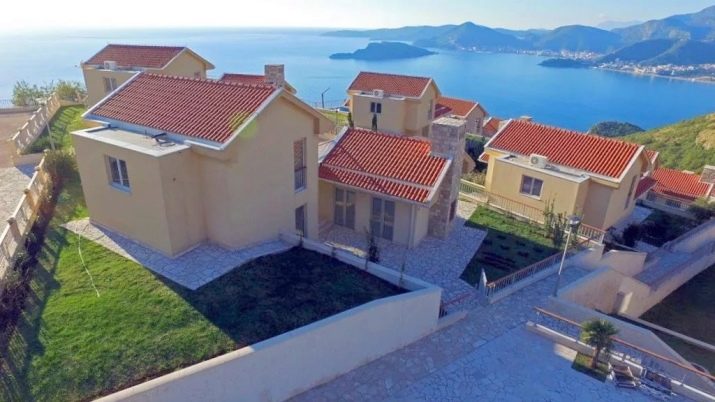
There are international real estate agencies offering the service of exchanging, say, Russian real estate for Montenegrin real estate. Instead of two separate transactions, each of which may take a long time, one and rather quick one is proposed, since you are not looking for either a buyer for Russian property, or a seller of Montenegrin real estate - this is, consider, one and the same legal entity. As a result, you may never get money in your hands, but you do not wait until the object you are selling will be bought - specialists simply arrive at the specified address and estimate how much the house or apartment you offer may cost.
Further, according to the database, they, together with you, choose real estate in Montenegro, and if everything suits you, an exchange agreement is concluded.
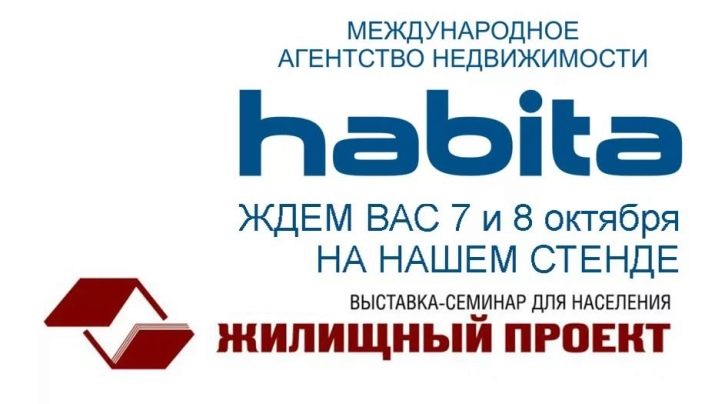
Due to cooperation with a serious company, you can simplify the process of re-registration, even if it "eats" part of the budget... Moreover, such services usually work only for Moscow, St. Petersburg and other major cities where real estate is in demand.
Answers to questions about buying real estate in Montenegro are given in the following video.








